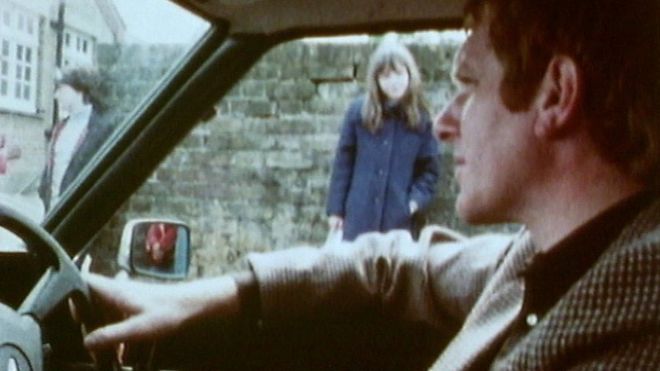Many parents remember the “Stranger Danger” message given to children during the 1970s and 80s. Government videos warned children not to talk to people they didn’t know. But a new message is being trialled in the UK, which its creators think is better at keeping children safe.
“I tried to get the [old] Stranger Danger message across to my son a few years ago and it backfired badly,” says Suzie Morgan, a primary school teacher who lives in Fareham, Hampshire.
He got frightened and confused, couldn’t sleep at night and was worried somebody was breaking into the house.
Like any parent she wanted to keep her child safe.
But she felt the Stranger Danger message she was teaching – which she herself had grown up with – was unhealthy for her six-year-old son, making him too afraid of the world.
“I didn’t know where else to go,” she says.
So she was hopeful when her son’s school piloted a new safety message. It’s called Clever Never Goes and was devised by the charity Action Against Abduction.
It aims to make children less afraid of the world, by giving them the confidence to make decisions about their own personal safety.
Morgan says it has given her son more freedom and independence.
…
Stranger Danger: Still the right message for children?
This article is a repost promoting content originally published elsewhere. See more things Dan's reposted.
